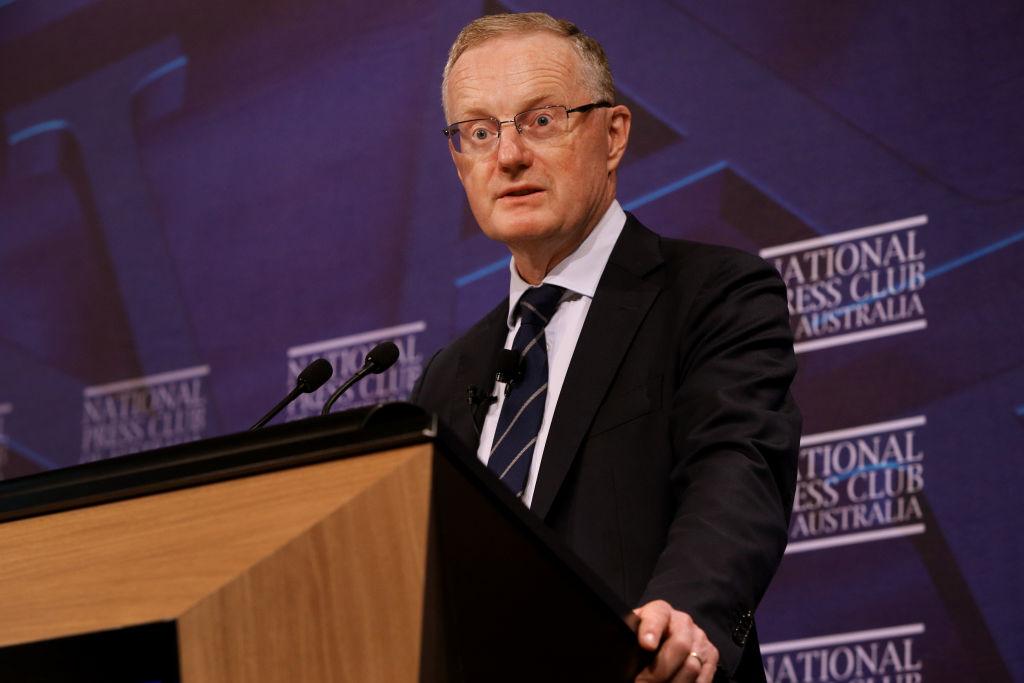Former Reserve Bank of Australia (RBA) Governor Philip Lowe says the country lacks the “political will” to improve stagnant productivity growth, which has ground to a slow crawl in recent decades.
During a webinar on July 4, Mr. Lowe shared his insights about Australia’s current economic situation with shareholders of the philanthropically-focused listed investment company Future Generation.





